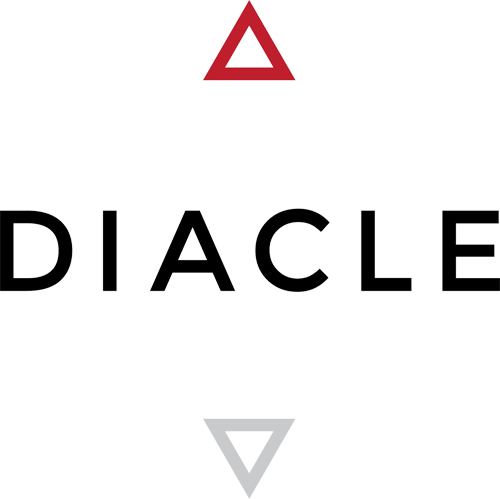BLOCKCHAIN OF TITLES – ENHANCING PROPERTY TRANSFER SYSTEMS
The key of a property right is that it is enforceable against all, as opposed to a contractual right which only affects the contracting parties. As such, a property right requires accuracy and validation. Often, the role of the state is to provide a register where land titles are recorded. But when you delve into land registers in different countries, you find that the function of hosting a land register is not an acknowledgement that the records are true and accurate.
There are two competing systems, one is the Torren system whereby the state guarantees that the land titles registered are 100% accurate. The second is a deed-based system where the buyer should investigate the quality of the seller’s title. This involves a historic assessment of the same, referred to as the ‘chain of title’.
The main advantage of the Torren system is the state’s assurance of title. The Torren system is only used in a handful of states in the world, therefore, by default, we are left with the necessity of investigating title fully before buying.
For blockchain technology, history is everything, as time moves forward the chain grows, layering irreversibly transactions on each other. So, surely blockchain’s inherent properties, may find relevance with chain of title systems.
To mitigate fraud, chain of title systems in countries with a strong rule of law, formalise the transfer of title. This is often by delegating due diligence to lawyers, as in the UK, with conveyancing being the exclusive reserve of lawyers. In France, notaries handling all transfers of title and the French notary applying to the local land registry to register the title.
It is without question that blockchain technology could enhance chain of title systems, as each title on a blockchain could be created and shared between the approved stakeholders: lawyers, notaries, buyers, sellers, and banks and the ‘Blockchain of Titles’ can change and grow giving a full retrospective public record of ownership.
For Torren systems, accuracy is paramount as the state takes liability for inaccuracies. It is this responsibility that may put off many states, unable to dedicate sufficient resources to guaranteeing accuracy. It is likely if the cost of maintaining an accurate register were reduced then maybe governments would consider transitioning to providing full guarantees of title. Perhaps, blockchain offers the prospect of reducing those costs.
Additionally, blockchain may offer the benefit of offering natural resilience due to it being fully distributed. Resilience in property records is welcome, in line with the belief that individual property records should be inalienable and survive governments, catastrophes and geopolitics.
Sweden, recognises the force of the blockchain in land titles and has begun a Proof of Concept (PoC) on the transfer of title. The PoC is to bring all the stakeholders in a property transfer from the government, buyer, seller, broker and bank onto the same system so the transaction can be monitored in real-time. The impetus here may reduce the time delay in completing a property transaction, but the real value of the test is to discover if blockchain can feasibly be used as an enhancement of ‘Chain of Title’ property systems.
